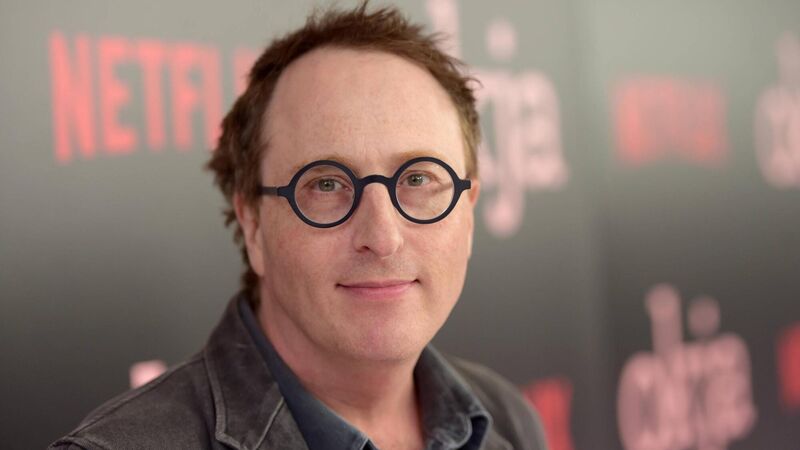Podcast Corner: Jon Ronson returns to dig into culture wars and conspiracy theories

Jon Ronson presents season two of Things Fell Apart on BBC Sounds. (Photo by Jason Kempin/Getty Images for Netflix)
Two years after the first season debuted, Jon Ronson is delving back into the culture wars as Things Fell Apart, from BBC Sounds but widely available, returns for season two. By culture wars, Ronson says he means basically anything that people yell at each other about on social media — and it’s mostly America-focused.
While the first eight episodes traced a path from the 1970s through to the covid times, examining how conspiracy theories, the abortion ‘debate’, and QAnon grew wings, season two focuses on a six-week period around March 2020 when yes, the pandemic led to the world locking down — indeed, episode seven is about this ‘great reset’.







